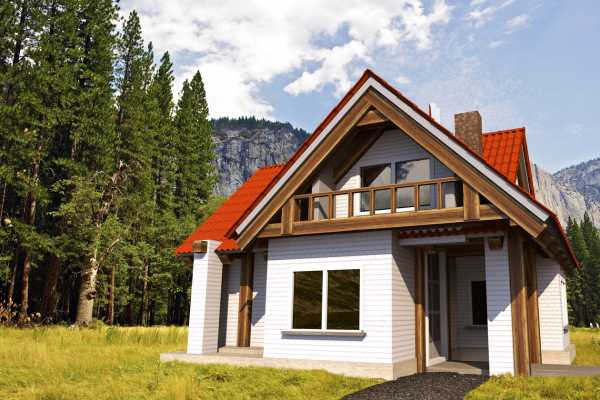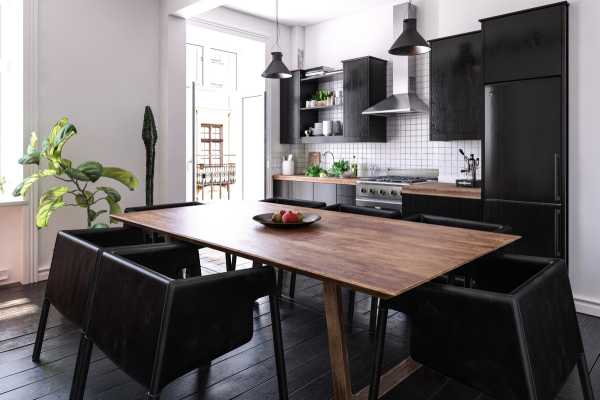In today’s fast-paced world, the idea of residing in a tiny house garners significant attention. Tiny homes, typically ranging from 100 to 400 square feet, offer a simplistic, minimalist lifestyle.
While not suitable for everyone, advocates of tiny house living argue that it can profoundly impact emotional and mental health.
In this piece, we delve into how residing in a tiny house can positively influence mental and emotional well-being.
Reduced Clutter, Enhanced Mental Clarity:
A primary advantage of tiny house living is the necessity to downsize and declutter. Limited space in small homes encourages individuals to prioritize essential belongings and discard unnecessary clutter.
Studies indicate that physical clutter contributes to heightened stress and anxiety levels. By residing in organized and clutter-free spaces, occupants of tiny houses often experience a sense of mental clarity and tranquility, fostering a positive frame of mind.
Closer to Nature:
Numerous tiny houses are situated in picturesque natural surroundings, such as forests, mountains, or near bodies of water.
Proximity to nature has been scientifically proven to offer numerous mental health benefits.
Nature exerts a calming influence on the mind and diminishes feelings of depression and anxiety.
Living in a tiny house affords residents the opportunity to immerse themselves in nature daily, promoting a heightened sense of well-being and contentment.
Financial Liberation:
A significant reason why individuals opt for tiny house living is the substantial cost savings it offers. Constructing or purchasing a tiny house is cheaper than investing in a traditional home, and it also incurs lower energy and maintenance expenses.
Attaining financial freedom and alleviating financial stress can profoundly impact mental health, enabling individuals to concentrate on personal development and happiness rather than financial concerns.
Enhanced Community Bonds:
Residing in a small abode often fosters a stronger sense of community. Inhabitants of tiny houses frequently establish close-knit communities and support systems.
Compact living arrangements encourage social interaction, bolstering social connections and a sense of belonging.
Relationships play a pivotal role in emotional well-being, and tiny house communities afford residents ample opportunities to forge bonds and provide mutual support.
Embracing Sustainable Practices:
Living in a tiny house can promote a more sustainable lifestyle. Many enthusiasts of tiny homes prioritize environmental consciousness and adopt eco-friendly behaviors.
Sustainable living imparts a sense of purpose and fulfillment, positively impacting mental health. Awareness that one’s lifestyle choices contribute to environmental preservation can bolster self-esteem and overall well-being.

Conclusion:
Tiny house living transcends merely reducing physical space; it encompasses shrinking lifestyle choices. It represents a lifestyle that can profoundly influence emotional and mental health.
From fostering clean, organized spaces to fostering proximity to nature and community bonds, tiny houses offer a unique perspective on living.
As the popularity of tiny houses grows, more individuals are recognizing their potential benefits for mental health and overall well-being.
Embracing tiny house living could be the pathway to a more balanced and fulfilling life.
Keep reading our articles:
Exploring Plumbing Solutions for Compact Dwellings
Exploring Tiny House Flexibility and Mobility
Question:
1. How can living in a tiny house benefit mental and emotional health?
Living in a tiny house can bring significant benefits to mental and emotional health by encouraging space organization and reducing clutter, which contributes to greater mental clarity and a sense of tranquility.
Additionally, proximity to nature, financial freedom, community living, and the adoption of sustainable practices are also important factors that promote well-being.
2. What are the benefits of a tiny house for mental clarity and tranquility?
The need for organization in a tiny house helps reduce physical clutter, which can decrease stress and anxiety levels.
Organized and clutter-free environments promote a sense of mental clarity and tranquility, contributing to a more positive state of mind.
3. How can proximity to nature in a tiny house improve mental health?
Tiny houses are often located in natural settings such as forests, mountains, or near bodies of water.
Proximity to nature has proven benefits for mental health, including reducing feelings of depression and anxiety, and providing a greater sense of well-being and contentment.
4. How can financial savings from living in a tiny house impact mental health?
Living in a tiny house is more economical than living in a traditional home, with lower costs for construction, energy, and maintenance.
This financial freedom can reduce financial stress, allowing people to focus more on their personal development and happiness.
5. How can community living in tiny houses influence emotional well-being?
Tiny houses often promote a stronger sense of community, as compact spaces encourage social interaction. Living in a cohesive community can strengthen social bonds and a sense of belonging, which are essential factors for emotional well-being and happiness.


